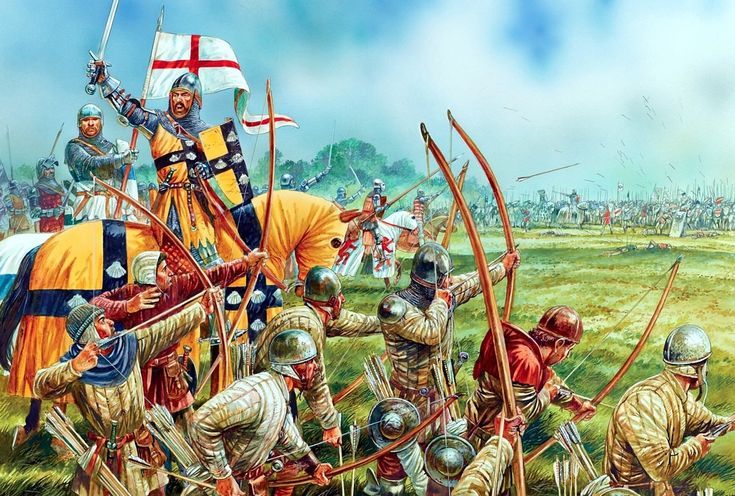
Battle of Dunbar
Dunbar, UKEdward I and the English army remained at Berwick for a month, supervising the strengthening of its defences. On 5 April, Edward I received a message from the Scottish king renouncing his homage to Edward I. The next objective was Patrick, Earl of March's castle at Dunbar, a few miles up the coast from Berwick, that had been occupied by the Scots. Edward I sent one of his chief lieutenants, John de Warenne, 6th Earl of Surrey, John Balliol's own father-in-law, northwards with a strong force of knights to lay siege to the stronghold. The Dunbar defenders sent messages to John, who caught up with the main body of the Scottish army at Haddington, requesting urgent assistance. In response the Scots army, advanced to the rescue of Dunbar Castle. John did not accompany the army.
The two forces came in sight of each other on 27 April. The Scots occupied a strong position on some high ground to the west. To meet them, Surrey's cavalry had to cross a gully intersected by the Spott Burn. As they did so their ranks broke up, and the Scots, deluded into thinking the English were leaving the field, abandoned their position in a disorderly downhill charge, only to find that Surrey's forces had reformed on Spottsmuir and were advancing in perfect order. The English routed the disorganised Scots in a single charge. The action was brief and probably not very bloody.
The battle of Dunbar effectively ended the war of 1296 with an English victory. John Balliol surrendered and submitted himself to a protracted abasement. At Kincardine Castle on 2 July he confessed to rebellion and prayed for forgiveness. Five days later in the kirkyard of Stracathro he abandoned the treaty with the French.
